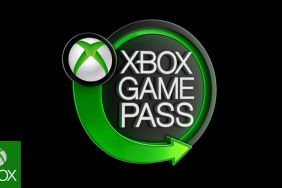With today’s news that Outriders is coming to Game Pass on day one, and last week’s revelations about Bethesda games likely being mostly exclusives now that Microsoft owns that swath of studios, there’s been an uproar from fanboys on both sides, shaking their spears at one another. But no matter which “side” of things you fall on, Microsoft’s aggressive moves can arguably be seen as…







